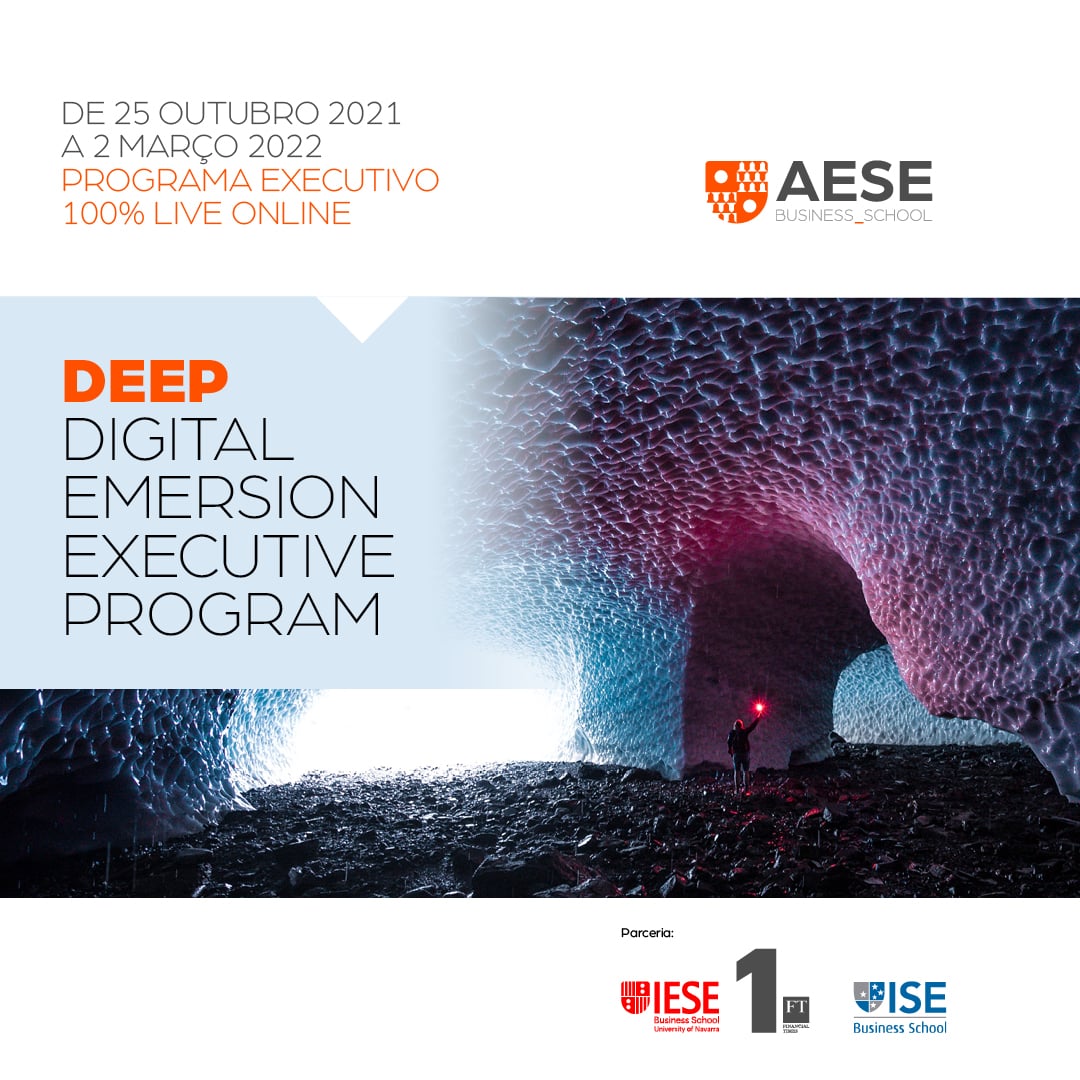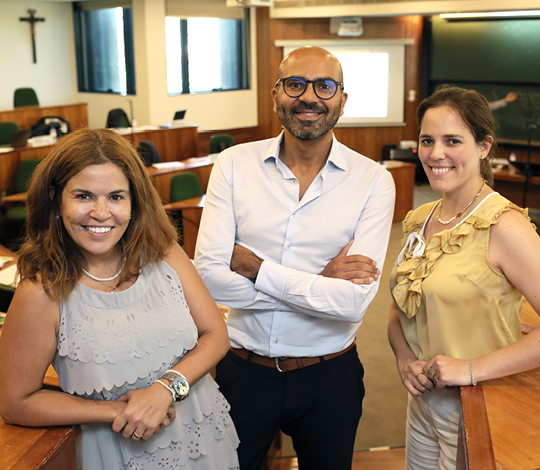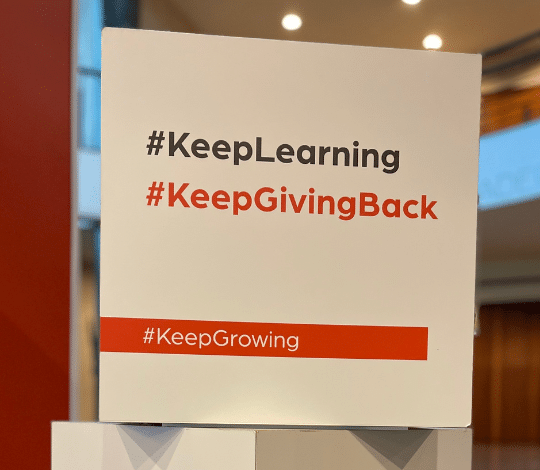AESE insight #50 > Thinking ahead
Leading teams behind the screen: digital leadership in the Portuguese labor market during the covid19 crisis
José Fonseca Pires
Responsável Académico da Área de Fator Humano na Organização e Membro da Direção da AESE
Co-autoria de Diogo Carvalho, Investigador da AESE
Remote work was recently experienced more than ever. While it seems to deliver some benefits, it also may cause non negligible problems. Remote work also exposed crucial issues for all those who manage teams, with their leadership ability to be tested when face-to-face contact is severely limited. We use a questionnaire to explore management difficulties experienced in a remote context and the relationship of these difficulties with leader’s general skills. We introduce a particular valuable perspective when comparing managers’ perception with the vision of their own employees.
The main conclusions of this study are as follow:
- In a scenario of massive remote work, business leaders were in two polarized ways of working: either they remained mostly in the usual places of work, or they were mainly working remotely. Managers in positions of greater responsibility and with more employees under their direct responsibility were less in remote work (graph 1 and 2).
- There are significant differences between those who work less time remotely and those who work more: the first group considers having a level of difficulty in leading remote teams almost 5% higher compared to the second group. At the same time, they consider they hold a lower level of skills. This suggests it is the remote work itself that develops the skills of managers (learning by doing).
- Managers see the “team’s level of stress” as the greatest difficulty on leading remote teams, and not their own personal difficulties. At the same time, this stress does not correlate (at least linearly) with leadership skills.
Personally, managers reveal more difficulty in behavioral aspects (motivating, engaging, getting closer) than in operational aspects (setting goals, transmitting guidelines, for example). These differences are around 10 percentage points. - Leaders consider they have a good level of development of leadership skills
The most developed are those related to cultural characteristics or developed either through training, or through one’s current responsibility: they are “agility” (in a certain way, an attribute of the Portuguese people, who in the context of the pandemic and with the need for rapid reinvention, had fertile ground to show itself) and the “ecosystem mentality” (an attribute of AESE curricula, which focus its Programs towards the vision of General Management).
Less developed skills are related to the skills of the future: digital mindset and the ability to anticipate. Regarding “digital mindset”, it is important to notice that one thing is to use technology for operational and business solutions, and another is to develop an essentially digital type of thinking. Regarding “forethought”, which today is mainly to understand signs, draw scenarios, envision consequences and, in an innovative and creative way, design opportunities and solutions (it’s another way of doing strategy), it comes as a less developed skills in line with “agility” as a most developed skill. - From the managers point of view, the level of leadership skills, while it does not reach a certain level, is not reflected in less difficulty in remote leadership, rather it is associated with greater difficulty. This may indicate that the level of skills, while under development, may have short-term “harmful” effects (perhaps due to difficulties in transition and implementation of skills, which are possibly still in an embryonic phase of consolidation), only showing benefits later (when the level of skills’ development is higher). This effect mirrors the so-called “growing pains” felt in any change in the organization. The collaborators’ results seem, to some extent, to reinforce this perspective.
- As the degree of difficulty and the level of skills development are difficult to measure and includes the subjectivity of each manager, this study manages to pull into reality with the perspective of each manager’s employees. On average, employees make a more benevolent assessment than the managers themselves, especially in terms of the difficulty of remote leadership. But there are also many cases in which there is a wide misalignment, positive or negative, between the opinion of the manager and the opinion of employees. This can happen due to managers’ limited self-knowledge of their weaknesses, or due to an additional tolerance and understanding of employees in special moments such as the covid19 crisis (in the case of positive misalignment).
- Finally, this new context as well as the need for new skills, exposes the vulnerability of the leaders themselves. And knowing how to deal with one’s own vulnerability is also a new leadership skill, crucial in this new paradigm that is intended to be adequate for new forms of organization and work in the future.
This study focuses on short-term remote work experience (when many people already had a trusting relationship established in the team). The results could be very different in a longer remote work horizon (in which the teams themselves would originally be constituted remotely, without knowing each other in person). These points out to the importance of the relationship and trust built previously with face-to-face contact. The need for such contact, combined with the potential benefits of remote work, suggests hybrid models as an option to further explore.
Excert from the official publication of the X Conference of Polish Professors of Management that took place at AESE in September 2021, titled “Management Science – New Horizons”.
Outros artigos da edição de 30 de setembro do AESE insight
Learning to fly
Mike Rosenberg, Professor of the Practice of Management in the Strategic Management Department of IESE Business School
O que muda porque nós existimos…?
Cátia Sá Guerreiro, Professora de Fator Humano na Organização, Diretora Programa de Gestão das Organizações Sociais (GOS) e do Liderança no Feminino (OSA)




























